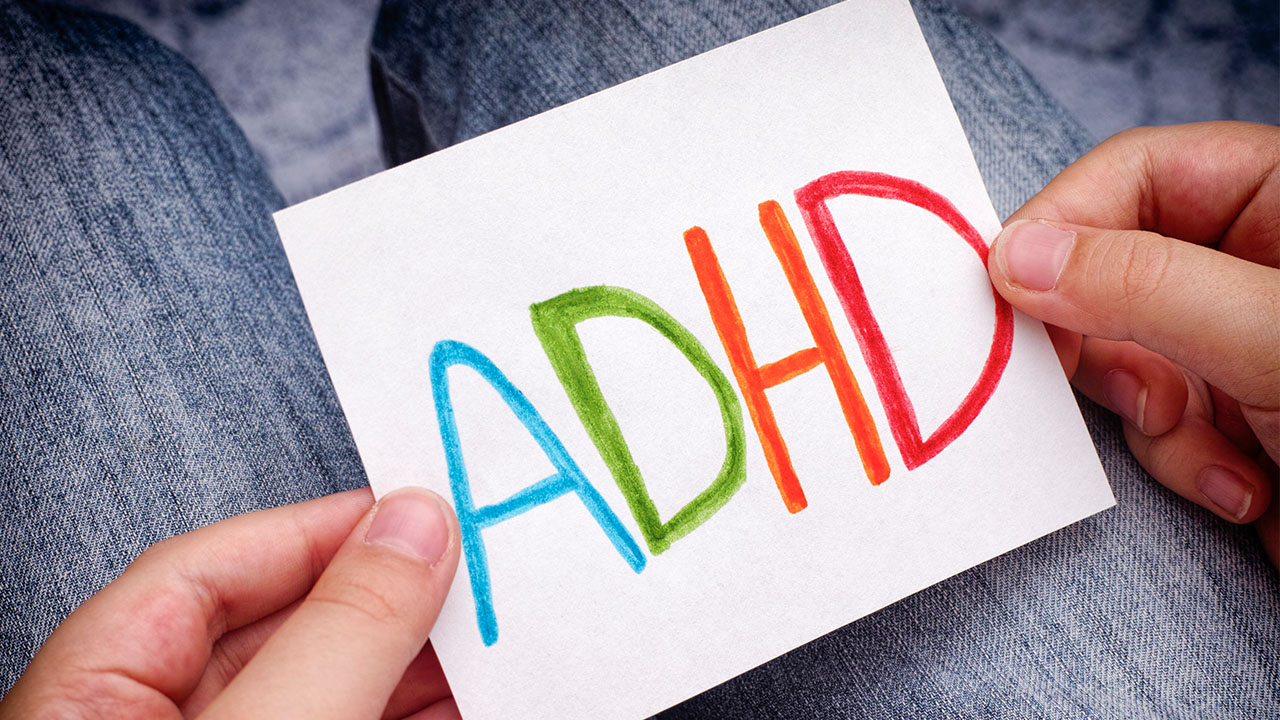
Attention Deficit / Hyperactivity Disorder (ADHD) is a chronic condition that affects millions of children and often persists into adulthood. ADHD involves a combination of persistent problems, such as difficulty maintaining attention, hyperactivity, and impulsive behavior.
Children with ADHD can also struggle with low self-esteem, troubled relationships, and poor school performance. Symptoms sometimes diminish with age. However, some people never completely outgrow their ADHD symptoms. But they can learn strategies to overcome the predicament. Treatment usually involves medication and behavioral intervention, while in adults treatments include psychological counseling (psychotherapy) and treatment for any mental health condition that occurs with ADHD. Early diagnosis and treatment can make a big difference in conclusion. If you are concerned that your child is showing signs of ADHD, your doctor may refer you to a specialist, such as a psychologist, psychiatrist or pediatric neurologist.
Prevention:
To help reduce your baby’s risk of ADHD during pregnancy, avoid anything that may harm the fetal development. For example, do not drink alcohol, use recreational drugs or smoke cigarettes. Protect your child from exposure to contaminants and toxins, including cigarette smoke and lead paint. Limit screen time. Although it is still untested, it may be prudent for children to avoid over-exposure to TV and video games in their first five years of life.
